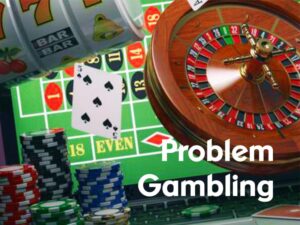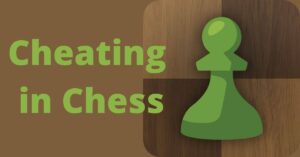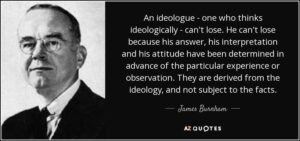The gaming world is buzzing over recent events surrounding Dr Disrespect. The details of the story allow me an opportunity to discuss the difficulties related to rational as opposed to emotional thinking.
First off, most of you probably don’t know anything about Dr Disrespect. He’s a streamer who became very popular on YouTube and Twitch playing battle royale games. At the height of his career, more than four million people followed him on Twitch and You Tube both.
On June 26, 2020, just months after signing a multi-year contract with Twitch, the platform banned him for violating their community standards. At the time he protested the ban and told his audience Twitch never informed him what standard he violated.
Cody Conners Tells us Why Dr Disrespect was Banned
Now we fast forward to June 21, 2024 when a former Twitch employee named Cody Conners released information that Twitch banned Dr Disrespect because he inappropriately messaged a minor. As you can imagine, the game world erupted.
Three schools of thought filled the charged comment sections.
- Dr Disrespect did it, he’s scum, his past behavior, namely cheating on his wife and general douche-bag behavior on his channel, is all the evidence necessary.
- He didn’t do it and Conners is a lying, wannabe scumbag who is just trying to drum up publicity for his own endeavors. Dr Disrespect would never do something like that and jeopardize his career, it makes no sense.
- I don’t know if Dr Disrespect did it or not. He certainly got fired for some reason back in 2020 and this could be it. On the other hand, it might have been something else. I just don’t know.
Emotional Thinking
What I want to discuss today is the first two opinions are emotional in nature. I get it. People are emotional. We sometimes think with our hearts not our heads. Ask me about a few of the women I’ve dated.
There are a lot of people who don’t like Dr Disrespect because the personality he displayed on his former channels was extremely abrasive. I’m a jerk and I don’t care. There are also a lot of people who love that attitude.
Those two groups came to opposite conclusions but used the same methodology. Both were wrong, despite the fact one turned out to be right.
Rational Thinking
It’s not easy to think rationally in emotional moments. To control yourself and make the best possible decision despite raging emotions. In this case, the third choice is clearly correct. The evidence is clear that he did something wrong back in 2020. Twitch is unlikely to have fired one of their primary revenue sources without good reason.
But we just don’t know. Conners allegations were just that, allegations.
Guilty
He did it. After more information came out, Dr Disrespect himself admitted he spoke inappropriately to a minor and it led to his firing from Twitch.
It’s important to understand just because those who convicted Dr Disrespect without evidence ended up being correct, doesn’t mean their thinking on the subject was rational.
Naturally, many of those who defended Dr Disrespect continue to do so. Making whatever apologist argument they can find. It’s highly likely those who attacked him to begin with would behave similiarly even if it was discovered he didn’t do it.
Conclusion
This is what emotional and irrational thinking does to you. You become chained to the truth of your ideology. Because you didn’t use logic to come to a conclusion, you aren’t bound by a logical refutation of it.
If you consider a problem logically and attempt to minimize your emotional attachment, you can change your opinion when new evidence arises. When you are emotionally attached to an argument, you find yourself stuck defending the indefensible. It’s a bad look.
Tom Liberman



















